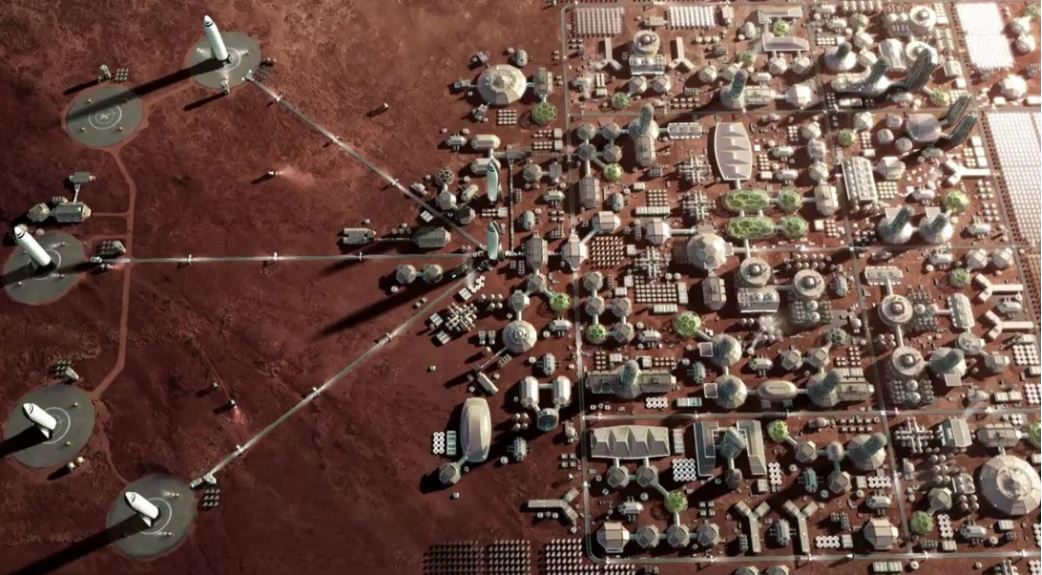Humanity’s prospects of landing on Mars before the end of the decade are fading, as prominent Martian transportation engineer Elon Musk has pushed back his goal date for returning to the red planet.
In 2016, SpaceX founder Elon Musk revealed his big plan to build a metropolis on Mars. Musk had aimed for a crewed expedition to our planet’s neighbor as early as 2024. Since then, the corporation has made significant progress in developing its Mars rocket, but not quickly enough to fulfill the original deadline.
Musk stated on Twitter on Wednesday that he now views 2029 as the earliest date for humans to set foot on Mars. It will be 60 years since the first lunar landing, in 1969.
Musk had set his sights on 2026 as recently as December 2020.
The Starship, which SpaceX is developing to transport NASA personnel to the moon and then to Mars, has completed some successful high-altitude flights but has yet to reach space.
Musk has made noise over the last two years about how federal launch constraints are impeding the process of getting to Mars, and he recently threatened to declare bankruptcy if SpaceX can’t construct the Starship’s raptor engines faster.
Getting to Mars, unsurprisingly, necessitates preparation. Mars and Earth move closer to one another and further away as they orbit the sun. Therefore, launching at specified periods is required to take advantage of the times when the journey between the two worlds is shortest. Later this year, late 2024, late 2026, and late 2028/early 2029 are the best Mars launch windows for this decade.
Musk’s early objectives appear to have been a little too high. If his deadline slides further into the 2030s, it will be closer to NASA’s timeframe for sending the first men to Mars.
While space tourism has grown in popularity in the previous year, commercial trips to Mars are unlikely to happen for some time.


